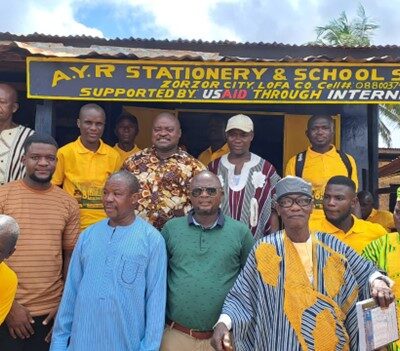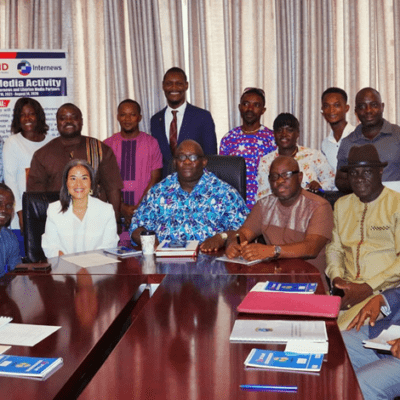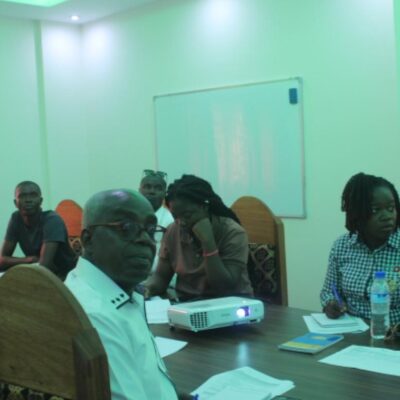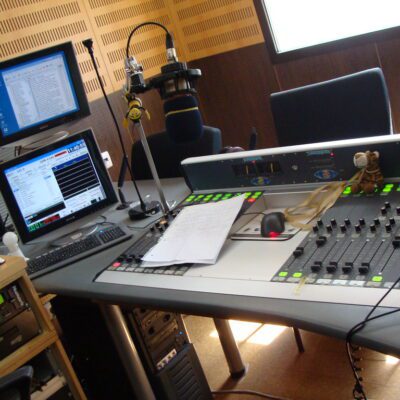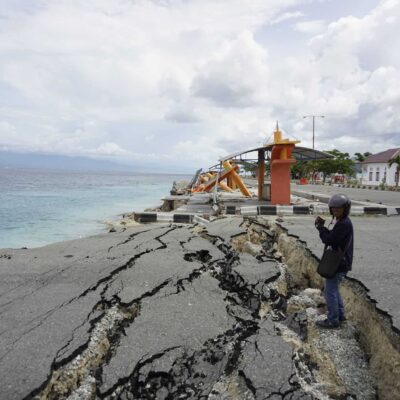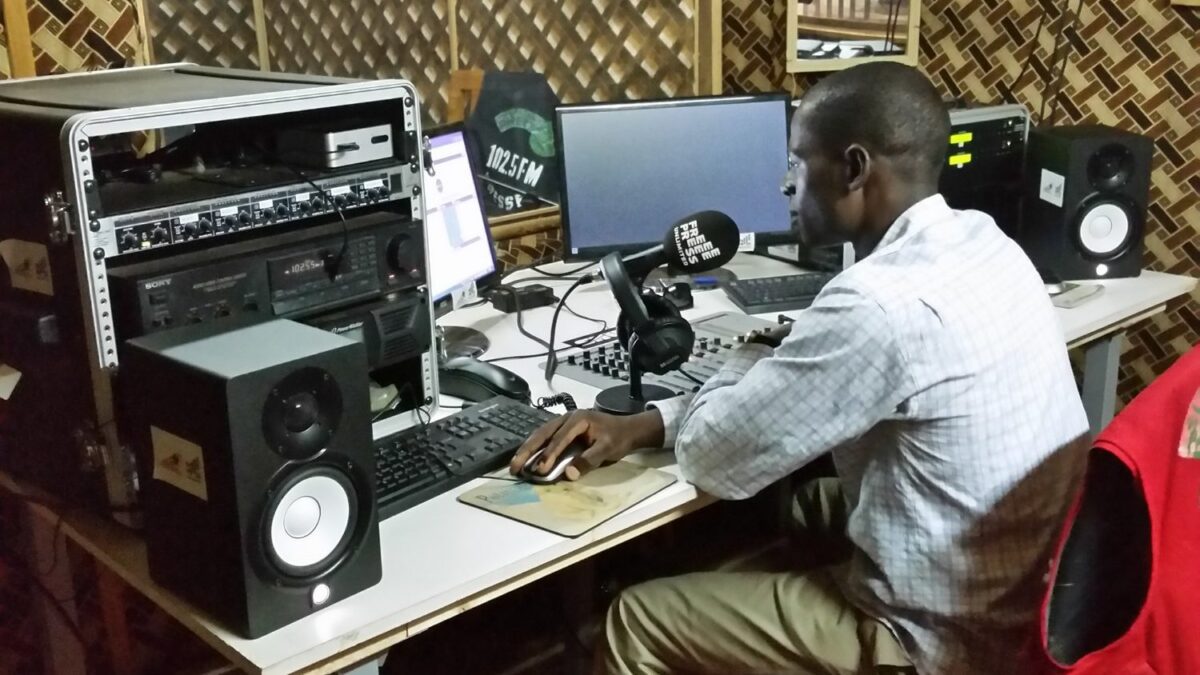
“After the fire incident [in the camp], I thought I lost two of my daughters. For three nights, I was not able to sleep. I did not know what to do and I was not aware how to find them. My neighbors were listening to Nile FM [Internews radio] and they told me that I could talk to INTERSOS at the lost children desk. I found them. I thought all radio stations talk about politics and I hate them. Now I am listening to Nile FM regularly. They don’t talk politics but they talk about us.”
A South Sudanese IDP, Malakal PoC, South Sudan
In the right political and social environment, a radio station can be an incredibly valuable tool to support a community in crisis and into the recovery and re-development phase. From South Sudan, to Haiti, Chad, Central African Republic, Kenya, Somalia, and Pakistan, in the past 30 years Internews has been supporting – and in some cases building – radio stations, to support the recovery of communities during and after crisis. Following a disaster, radio is still by far the most reliable way to deliver information in an emergency. Humanitarian radio stations can be swiftly set up at minimal cost, and they can reach remote and difficult to access regions. Furthermore, radio broadcasts disseminate critical messages to survivors and help humanitarian organizations coordinate their response on the ground. Broadcast information is particularly useful in situations where physical access is difficult and aid responders may take several days or weeks to reach affected communities.
SEE CASE STUDY AND HOW-TO GUIDE:
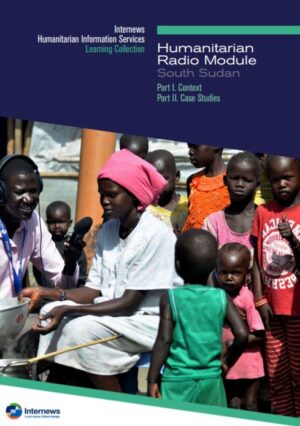
Dec 15, 2017
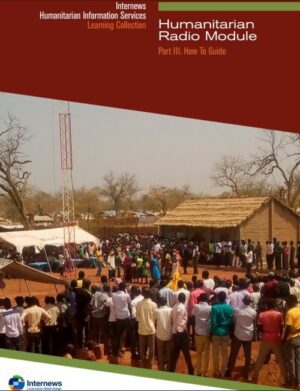
Dec 15, 2017
